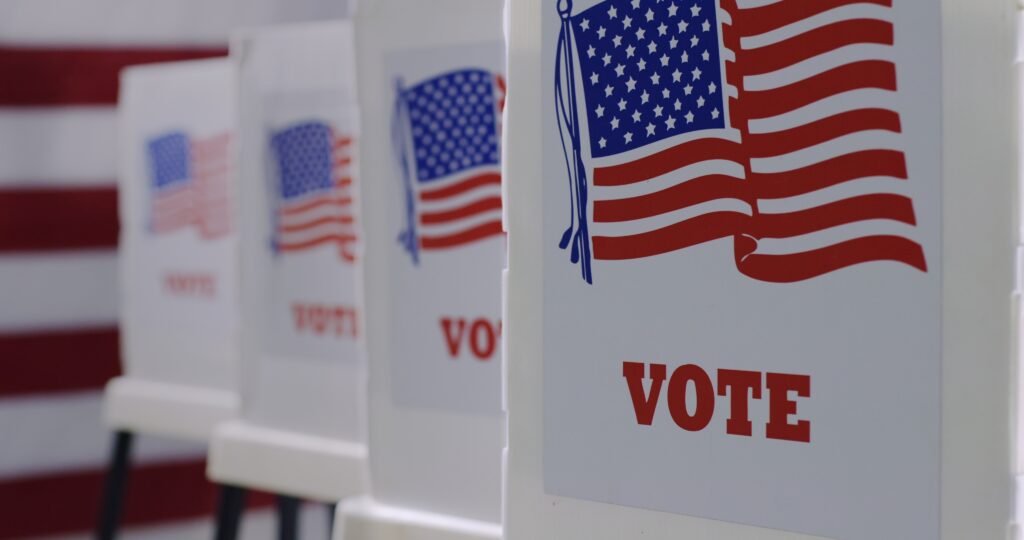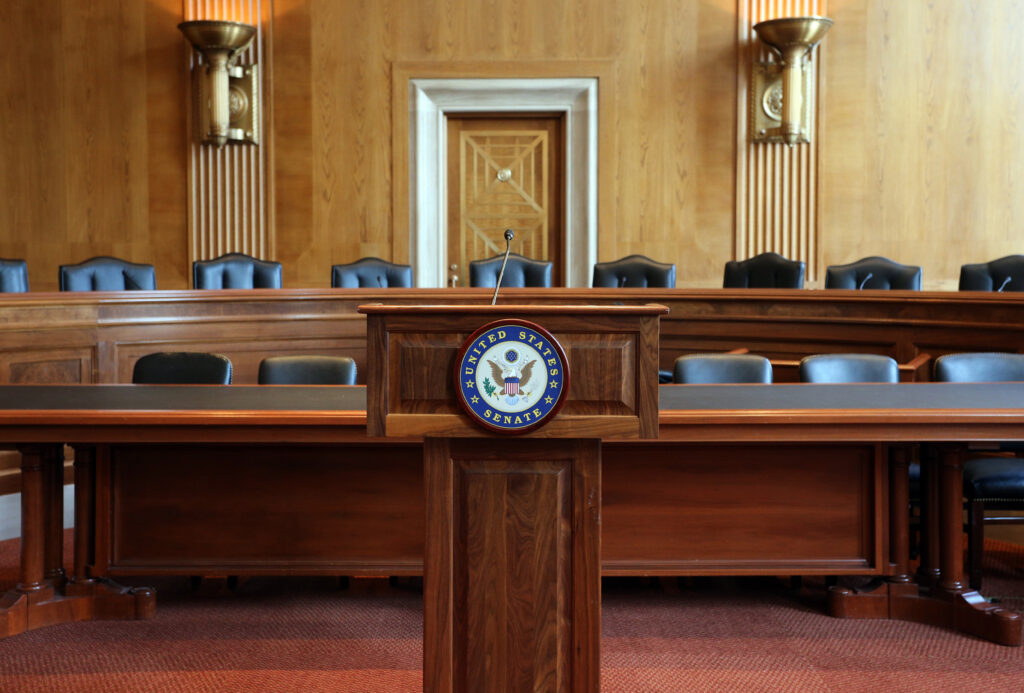As predicted, brewer costs are rising
Earlier this year, under the threat of impending implementation of a 10 percent tariff on imported aluminum, the Beer Institute commissioned a study by John Dunham and Associates, an outside economic consultant, to estimate what the tariff would mean to American brewers. John and his team found the tariff would increase the annual cost of beer manufacturing by $347 million. You can read John’s full analysis here.
Since the release of John’s analysis, the 10 percent tariff has been implemented, and American brewers both large and small have seen their production costs skyrocket. We’ve heard from Beer Institute members, such as Cape May Brewing Company, a small brewery in New Jersey, all the way to MillerCoors that these tariffs are hurting their businesses. MillerCoors has estimated the tariffs are costing them $40 million and Cape May co-founder, Ryan Krill, has said his costs have increased $30,000 despite buying domestically sourced aluminum.
Brewers have limited options to adjust to those increased costs. Dollars that would have otherwise been used to invest in their business through product innovation, hiring more workers or buying new equipment are now going toward inflated aluminum prices. When businesses—like breweries—put these investments on hold, it harms the economy and means fewer good-paying beer jobs. That’s what happens when the government picks winners and losers by supporting one American sector of manufacturing over another.
The tariffs might help the American aluminum smelting industry create at most 1,900 jobs, but those jobs come at a high cost to the American economy and more jobs in other industries. The goal of a tariff is to set an artificial price floor. That’s how aluminum manufacturers can afford to increase smelting capacity–they charge higher prices and get a windfall tariff-loaded profit.
The brewing industry already faces many challenges, from shifting consumer demographics to changing tastes and behaviors. We believe in helping manufacturers and businesses succeed, but not at the expense of each other or of the American worker.













